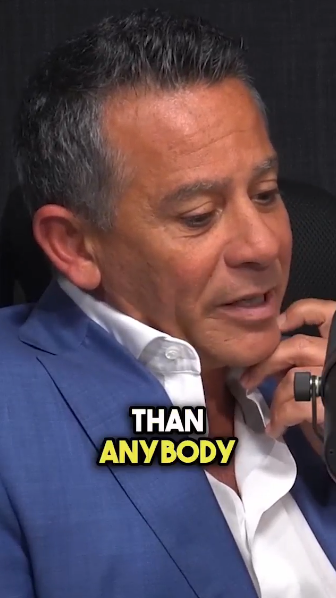It’s important to surround yourself with environments that keep you motivated. Remember in the business world, hard work and the right motivating environments are key to unlocking exceptional results.
Filter devcast
Latest Insights and Stories
Never miss an episode. Subscribe to devcast...
Explore the latest trends in the real estate market, interview influential leaders, and uncover the strategies that drive success in this ever-evolving market.
















